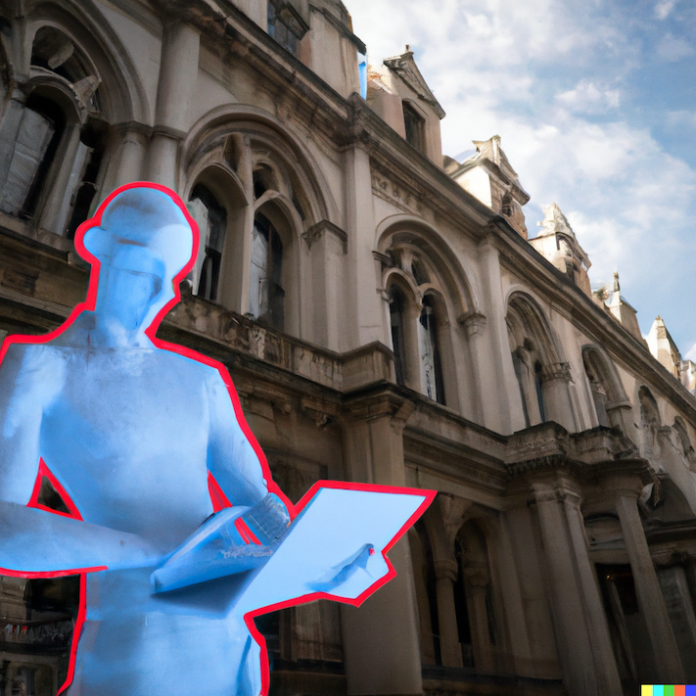Artificial Intelligence (AI) is transforming many areas of our lives, including the criminal justice system. From predicting crime to determining the outcome of trials, AI has the potential to improve the efficiency and fairness of our justice system. However, as with any new technology, AI also presents ethical challenges and risks. In this post, we will explore some of the key ethical challenges of using AI in criminal justice systems.
- Bias and discrimination
One of the most significant ethical challenges of using AI in criminal justice is the risk of bias and discrimination. AI systems are only as unbiased as the data they are trained on. If the data used to train an AI system is biased, then the system will also be biased. This can lead to discriminatory outcomes, such as targeting certain communities more heavily than others or unfairly punishing individuals based on their race, gender, or socio-economic status.
- Lack of transparency
Another ethical challenge of using AI in criminal justice is the lack of transparency. Many AI systems are “black boxes,” meaning that it is difficult to understand how they arrive at their decisions. This can make it difficult to assess the fairness and accuracy of these systems, and can make it challenging for individuals to challenge decisions made by AI systems.
- Privacy concerns
AI systems in criminal justice often rely on large amounts of personal data, such as criminal records and social media activity. This raises privacy concerns, as individuals may not be aware that their data is being used in this way. There is also a risk that this data could be misused or leaked, leading to serious consequences for individuals.
- The role of human judgment
AI systems in criminal justice are often seen as objective and impartial, but the reality is more complicated. These systems are developed and maintained by humans, who have their own biases and perspectives. There is a risk that AI systems could be used to justify decisions that are not actually fair or just, simply because they are presented as being “objective.”
- Accountability and responsibility
Finally, there is the ethical challenge of accountability and responsibility. If an AI system makes a decision that leads to a miscarriage of justice or other negative consequences, who is responsible? It can be challenging to assign responsibility in these situations, particularly if the decision-making process is opaque or complex.
In conclusion, AI has the potential to transform the criminal justice system, but it also presents significant ethical challenges. To ensure that AI is used in a fair and just manner, it is essential that we address these challenges and work to develop AI systems that are transparent, unbiased, and accountable. Only then can we truly harness the power of AI to create a more just society.





